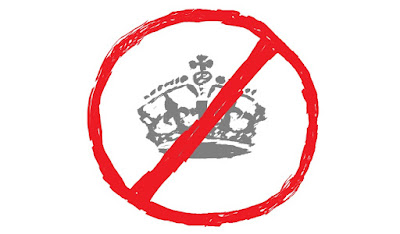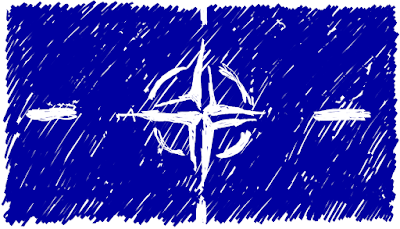If the Jamaican people vote to become a republic, this is their right and cannot be denied. These people deserve to be a fully independent nation if it is their desire, established in a referendum.
Jamaica ‘doesn't want’ Prince William amid slavery protests. However, does pleading for reparations really begin a country on a path to greatness and independence. Others would think self-sufficiency is a better path than such dependency and the request for financial lifelines from the colonial power.
Britain can afford to pay reparations to Jamaica, and such a gift would be good for relations between the countries. However, the idea can be quite easily disputed by those of us inclined, perhaps, to overthink things.
Everyone is an injured party
Reparations for historical injustices of this type are hard to justify, and the arguments for such a thing expose themselves to compelling counterarguments. Does Jamaica want all of Britain's actions to be undone, which would include the territory's creation and population in the first place? Will Spain pay its share of reparations for the period 1509–1655 when slaves were moved there and exploited by them? The UK could argue that removing Spanish rule helped to pave the way for getting rid of slavery eventually, and can try to assign a value to this action as part of the reparations that should be deducted.
What of the indigenous people, the Arawak? Are they not a wronged party, and will they not receive their own reparations from the current majority of the population for being usurped by them? The Jamaican population were victims of history and didn't have any choice but to usurp these people, but then neither did people in the UK have any choice about being citizens of an imperial power. The indigenous people may deserve an autonomous region in a federated state, so they can properly assert any demands they might have.
The Scots make the case that they were colonised, and many Irish in Northern Ireland still consider themselves colonised by Britain. Should their taxes also help compensate Jamaica? What if the United Kingdom eventually dissolves or parts break away? If we break up as a country, is there any party left to pay the reparations? Should we all hunt down descendants of the Norman colonisers who started the pattern of conquest and exploitation back in 1066, to demand reparations from whatever personal estate they own?
Many British people are Black, and the identity of the British has profoundly changed over the centuries. Are their taxes equally going to go on reparations? If not, can others be exempt on the basis of genetics test results? Or will someone have to judge each person in some sort of test, and decide if they look or sound enough like an imperialist?
Jamaica should choose greatness
If Jamaica becomes independent, it should set itself on the path of greatness, not the path of begging. They should ask for nothing from the British, because asking just reaffirms their place as the colonised and sets them up for greater dependency. A financial lifeline to a population of victims can be cut off at any moment, and is hardly a blessing. Does Jamaica want to be vulnerable to British sanctions in the event that we decide to meddle, and does it want to rely on us and our own American masters for defence and security too?
Perhaps there is an irreconcilable contradiction between being a country created and populated by Britain as a political entity, and then accusing Britain of being at fault for woes it needs to compensate for. We are talking about a country that's value arose during British rule, and trying to ascertain what part of it was stolen by not repaying people for their labour. But if you calculate that value, is it not offset by the rest of the value (buildings, infrastructure, the financial value of having links to the British Empire, et cetera)? Much of what the British government has already given could be considered invaluable reparations already. The immeasurable value of letting the country exist at all goes beyond the value of any possible reparations. There are infinite numbers of nations that cannot gain any reparations simply because Britain did not allow them to exist, for example, all the countries the UK could have created in India rather than leaving it as one territory.
One could divide almost all of Britain's imperial wealth and splendour and all things that were derived from ill-gotten gains, and give it to every nation wronged by Britain, and every country could be accused similarly and ordered to compensate this or that country, and we would tie ourselves in knots. It is easier to have a fresh start on the basis that what is done is done, and cannot be undone.
A newly formed nation makes a clean break with the past, entering the world as a new player with a world to win, like so many others. The United States, for example, received no compensation from the British whatsoever, and yet we ended up being indebted to them for the abundance of help the United States gave us. If the United States is the master of slave Britain today, should not Jamaica approach them rather than us?










